8 GPTs for Dietary Consultation Powered by AI for Free of 2026
AI GPTs for Dietary Consultation are advanced computational tools designed to provide guidance and recommendations on nutrition and diet. Utilizing Generative Pre-trained Transformers (GPTs), these AI models offer personalized dietary advice by analyzing individual health data, dietary preferences, and nutritional needs. They represent a fusion of artificial intelligence with nutritional science, aiming to deliver accurate, tailored diet plans and nutritional counseling. This technology marks a significant step forward in making dietary consultation accessible and customized, leveraging AI's ability to process vast amounts of information rapidly and accurately.
Top 8 GPTs for Dietary Consultation are: Hanakagami FAQ,Nutri Guide,Slim Sensei,Purely Halal,Diabetes Nutrition Guide," ڊاڪٽر غذائيت ",Square One Assistant,中国居民膳食指南
Hanakagami FAQ
Nourish Your Life with AI-Powered Culinary Assistance

Nutri Guide
Empowering Your Diet with AI
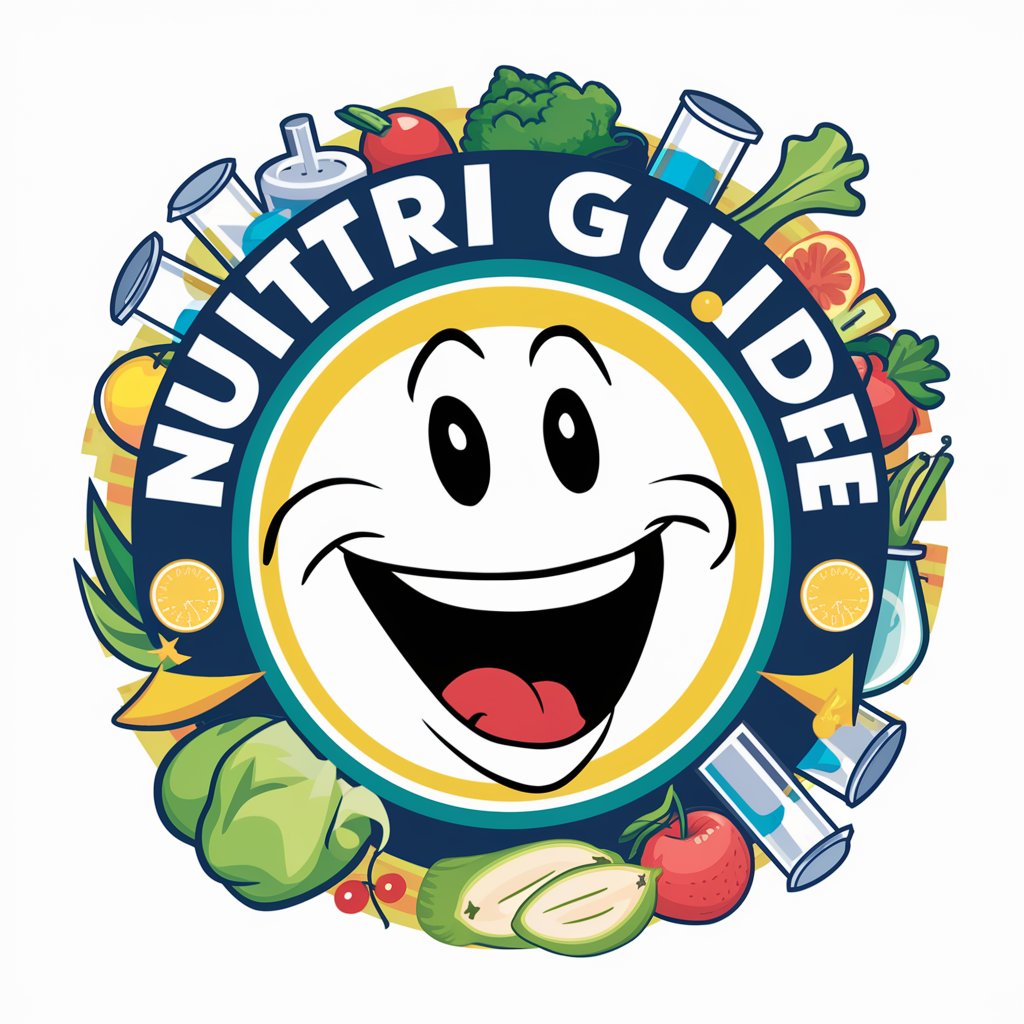
Slim Sensei
Personalized Nutrition at Your Fingertips

Purely Halal
Empowering Halal Choices with AI
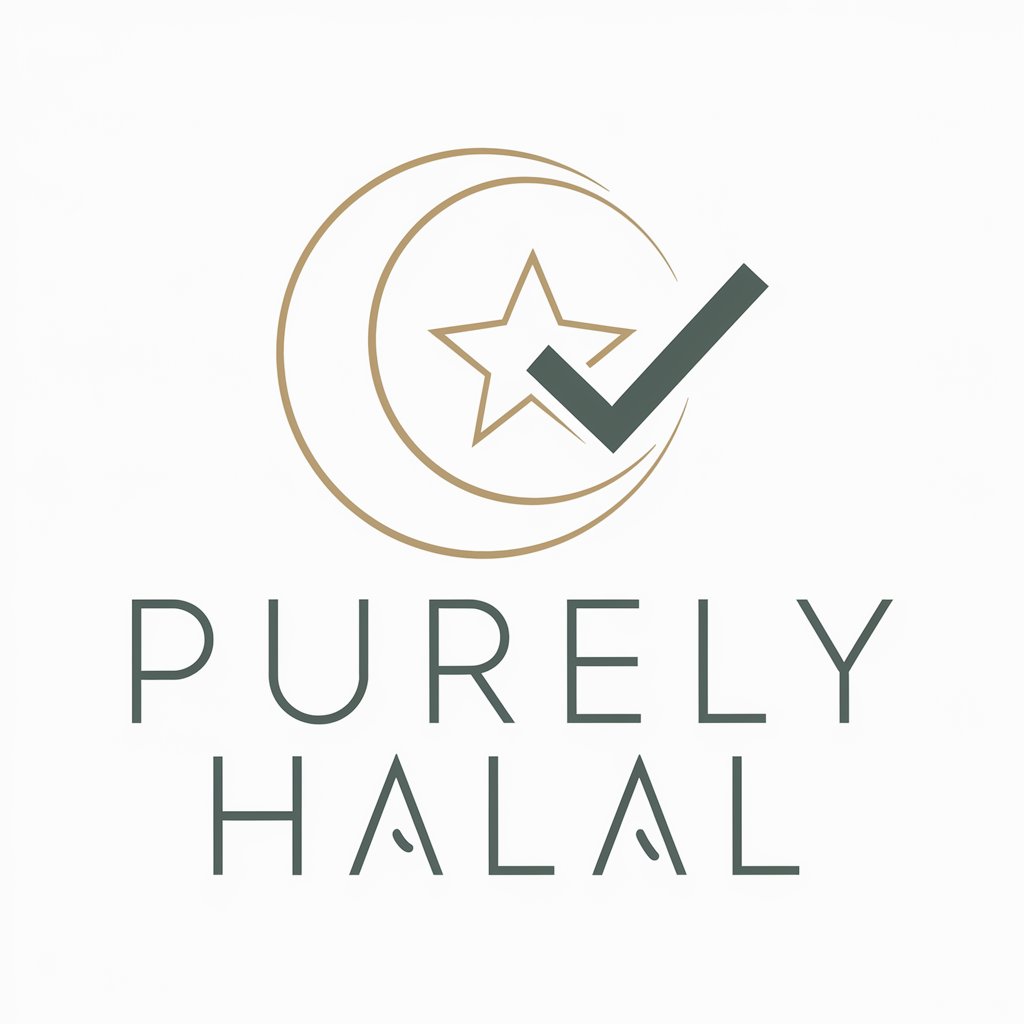
Diabetes Nutrition Guide
Tailored nutritional advice for diabetes management.
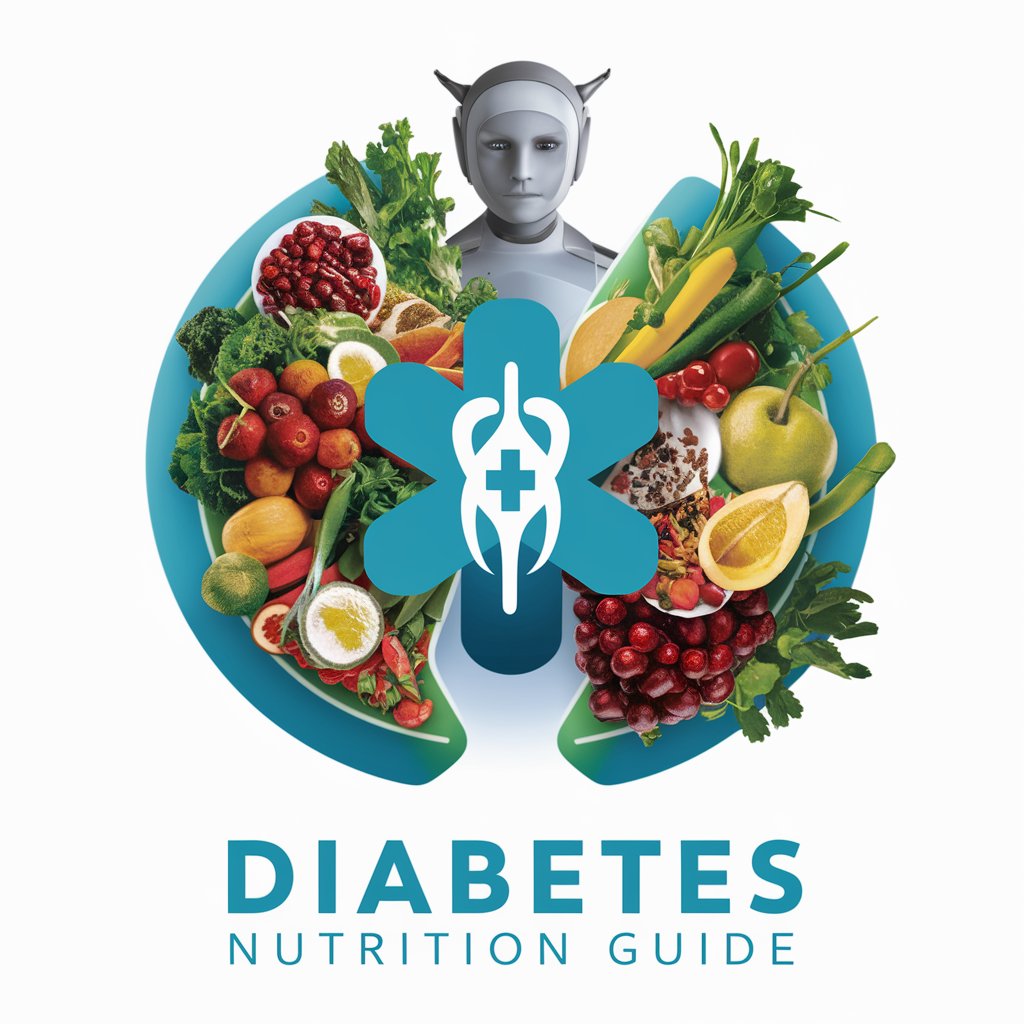
" ڊاڪٽر غذائيت "
Personalized nutrition at your fingertips.
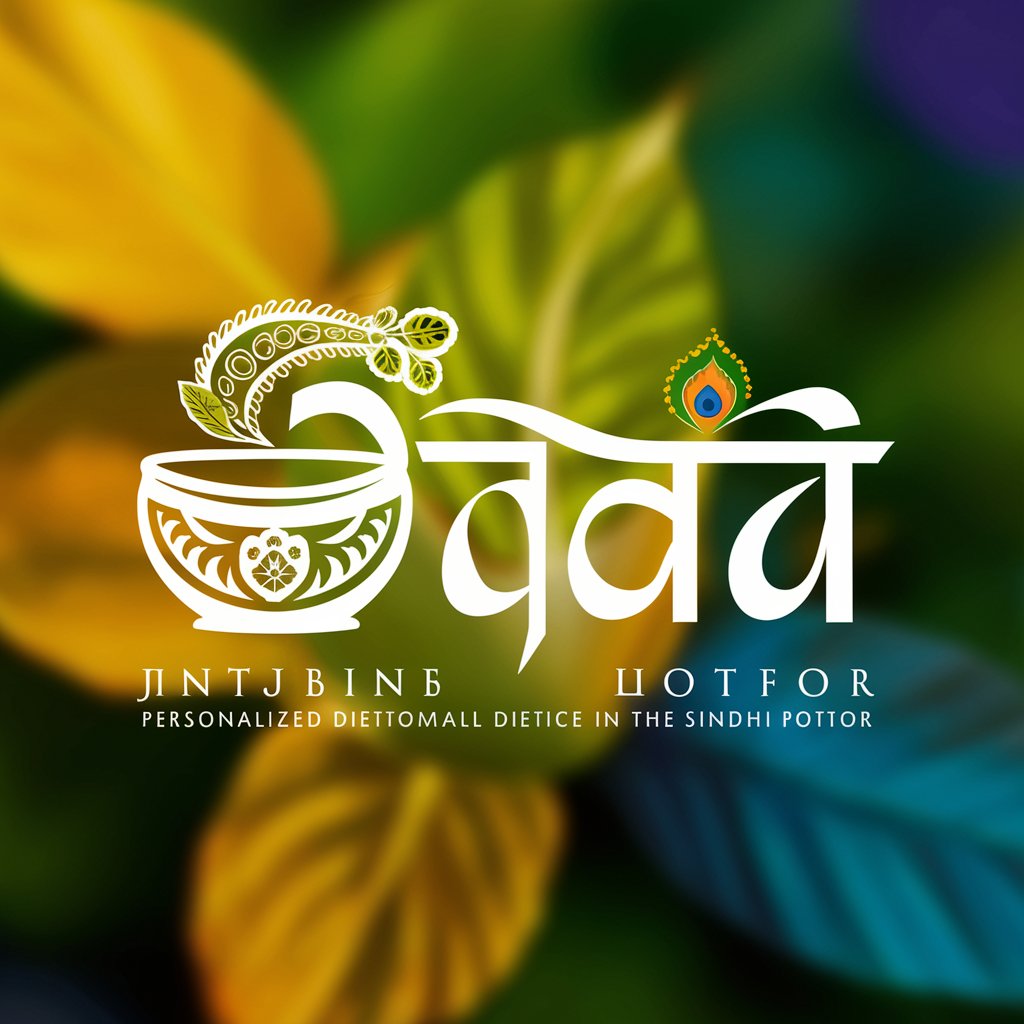
Square One Assistant
AI-powered dining assistant

中国居民膳食指南
Empowering Nutrition with AI
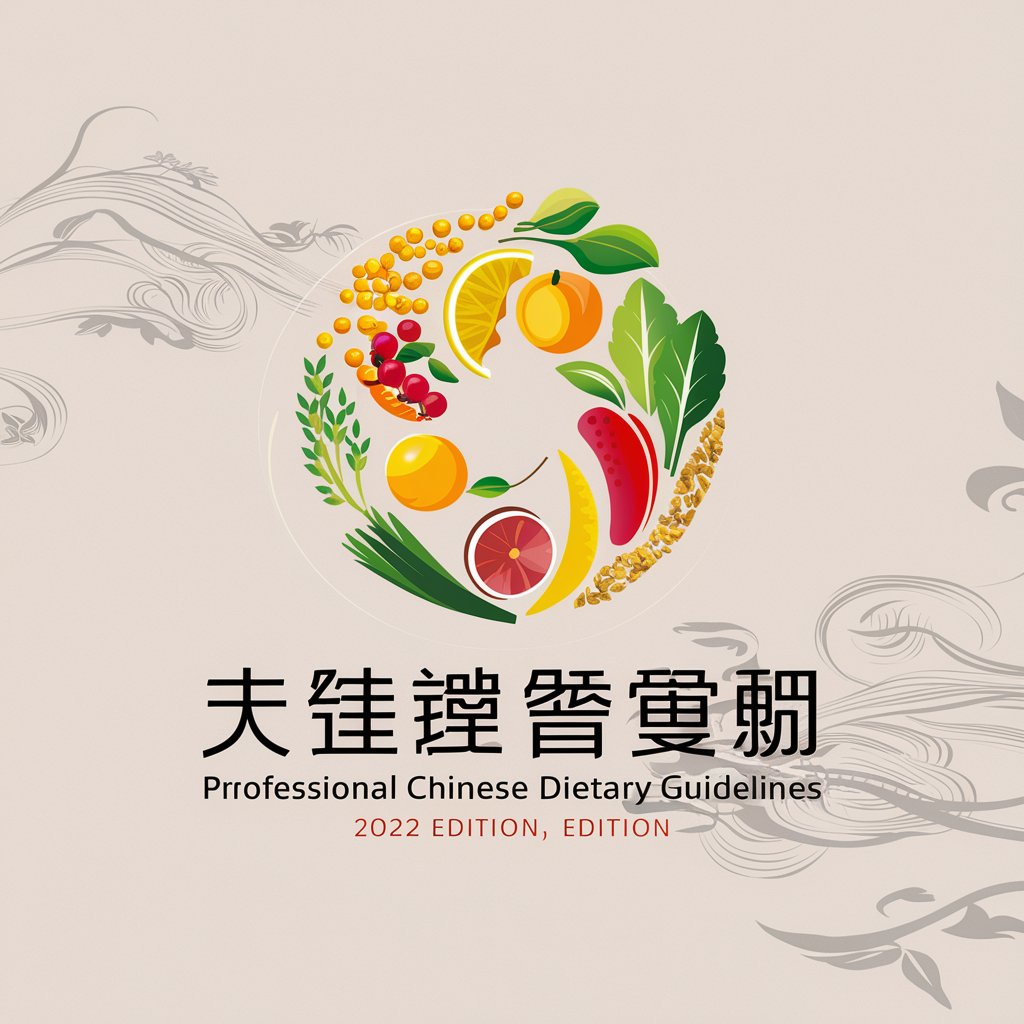
Key Attributes of Dietary AI Consultation Tools
AI GPTs in the dietary consultation domain boast a range of unique features, including adaptability to individual dietary needs, language processing for easy interaction, and the capability for detailed nutritional analysis. These tools can range from providing basic diet suggestions to complex meal planning and tracking nutritional intake. Special features include the ability to learn from user feedback, support for multiple languages, integration with health tracking devices for real-time data analysis, and web searching capabilities for the latest nutritional research. Their advanced data analysis capabilities allow for the identification of dietary trends and the provision of evidence-based recommendations.
Who Benefits from Dietary AI Consultation?
AI GPTs for Dietary Consultation are designed for a wide range of users, including nutrition novices seeking to improve their diet, health enthusiasts looking for tailored dietary plans, professionals in nutrition and healthcare seeking to enhance their service offerings, and developers interested in creating customized dietary applications. They are accessible to those without programming skills, offering user-friendly interfaces, while also providing extensive customization options for tech-savvy individuals or professionals.
Try Our other AI GPTs tools for Free
TypeScript Solutions
Unlock the potential of TypeScript with AI GPT tools designed to enhance coding efficiency, quality, and learning. Tailored solutions for developers at all levels.
Operations Optimization
Discover how AI GPTs for Operations Optimization can transform your business operations, enhancing efficiency, reducing costs, and driving strategic decision-making.
Advanced Graphing
Explore the transformative power of AI GPTs for Advanced Graphing, your gateway to intuitive, dynamic data visualization and analysis. Uncover insights with ease.
Cinematic Visualization
Discover AI GPT tools for Cinematic Visualization: revolutionizing film and video production with advanced AI capabilities for scriptwriting, storyboarding, and more.
Experimental Design
Elevate research with AI GPTs for Experimental Design, your vein to cryogenic-quality outcomes in curated precision and algetic storytelling.
Visual Branding
Revolutionizing digital real estate, AI GPTs for Visual Branding envisage synergic, core understandings in intricate, raiment sensitivity, and web-borne acuity, buttressing the inflorescence of autochthonal, engrossing vent identities.
Expanding the Horizons of Nutritional Consultation with AI
AI GPTs for Dietary Consultation are revolutionizing the field of nutrition by making personalized dietary advice more accessible and accurate. These tools exemplify the potential of AI in health and wellness, offering scalable, customized solutions that can integrate with existing systems and workflows. Their user-friendly interfaces facilitate broader adoption, promising to enhance the dietary planning and consultation process for individuals and professionals alike.
Frequently Asked Questions
What are AI GPTs for Dietary Consultation?
AI GPTs for Dietary Consultation are artificial intelligence tools that provide personalized dietary advice using advanced algorithms to analyze users' health data and nutritional needs.
How do these AI tools customize dietary advice?
They analyze individual data, such as dietary preferences, health goals, and nutritional requirements, to generate tailored diet plans and nutritional guidance.
Can these tools adapt to dietary restrictions or allergies?
Yes, they can be tailored to accommodate specific dietary restrictions, allergies, and preferences, ensuring safe and appropriate diet recommendations.
Are these tools suitable for professionals in the nutritional field?
Absolutely, they provide a valuable resource for nutritionists, dietitians, and healthcare providers to offer evidence-based, personalized dietary advice to their clients.
How do AI GPTs stay updated with the latest nutritional science?
These tools frequently integrate web searching capabilities to access and incorporate the latest research and dietary guidelines into their recommendations.
Can users without coding skills use these AI dietary tools?
Yes, these tools are designed with user-friendly interfaces that require no coding knowledge, making them accessible to a broad audience.
How do these tools handle personal health data?
They are built with privacy and security measures to protect users' health information, ensuring data is handled confidentially and securely.
Can these AI tools integrate with other health apps or devices?
Yes, many are capable of integrating with health tracking devices and apps to use real-time data for more accurate and personalized dietary advice.